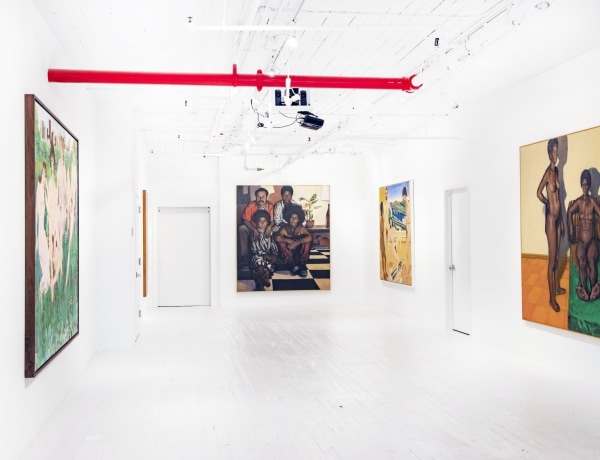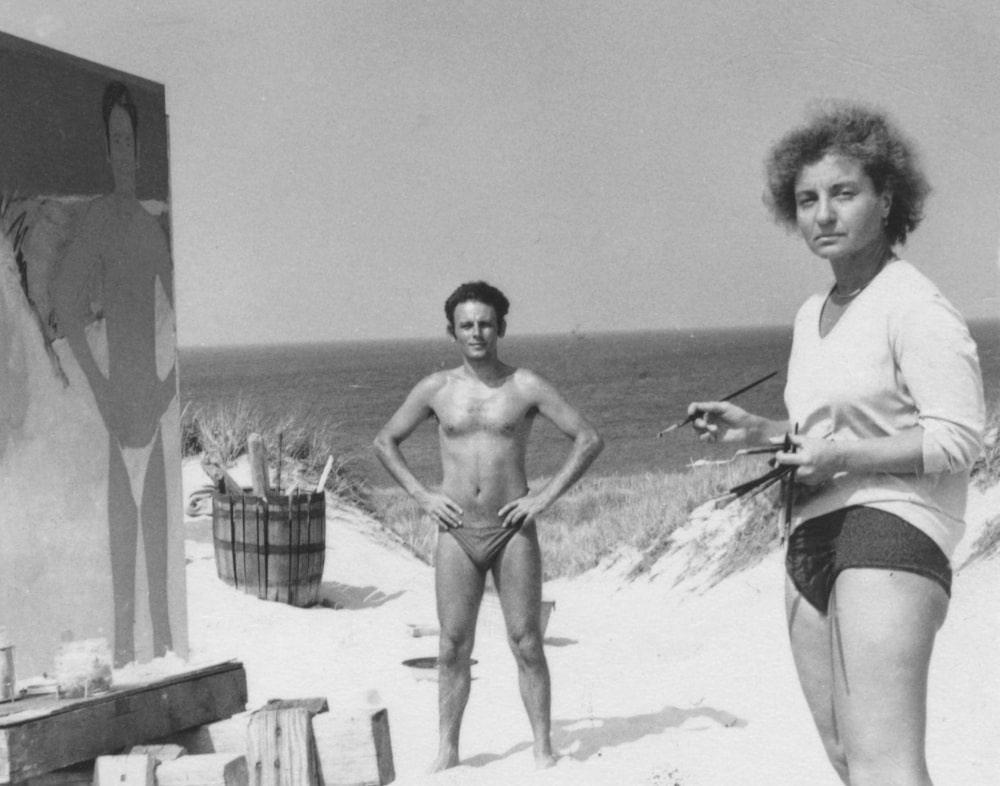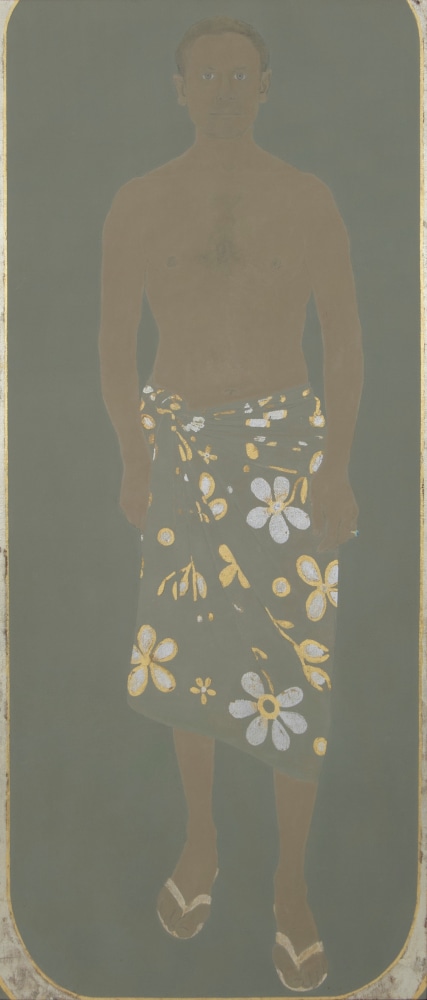

B. NEW YORK, NEW YORK, 1928
Marcia Marcus made figurative paintings, which were revolutionary in both style and subject matter. She studied at the Cooper Union and the Art Students League in the 1950s. At the Art Students League, she studied with Edwin Dickinson, a teacher she adored, and whose influence can be felt in the refinement of Marcus’s figures, her draughtsmanship, and her tonal subtlety. At Cooper Union, she was a contemporary of Alex Katz and Lois Dodd, with whom her work shares other aesthetic qualities – namely, the flattening of forms and painterly shorthand to articulate figures and patterns, a bravura compositional organization, and an attention to fashion. Marcus was a central figure in the avant-garde art world of downtown New York. By 1954, she was a friend and collaborator of Allan Kaprow. The younger artist Red Grooms invited her to be part of the artist cooperative, the Delancey Street Museum, along with founding members Jay Milder and Bob Thompson. There, she performed a “Happening” and showed her painting in the late 1950s. In addition to her intimate involvement with this venue, Marcus showed her work throughout the 1950s and 60s at other now fabled galleries such as the Stable Gallery and March Gallery. Through the 1960s and 70s she had solo exhibitions at Graham Gallery, ACA, Zabriskie, and Terry Dintenfass Gallery.

For over 25 years, from 1952-78, Marcus spent summers living and working in one of the legendary Provincetown dune shacks. She enjoyed the relative isolation and time this granted her to further develop her work, but also thrived on the lively social and intellectual interchange with artists there. She was a member of the influential cooperative, the Sun Gallery, where she had a solo exhibition in 1958. Marcus painted from life, but continued to work on paintings after the models’ sittings, thriving on the interplay between life, fiction, and embellishment. She utilized collage and gold and silver leaf, in addition to oil painting. Widely celebrated for her self-portraits, Marcus also made group portraits, and complicated her presentation through innovative costuming, posing, and storytelling. Her aesthetic is distinguished by the use of silhouetted figures on open grounds – highlighting a relationship to photography, identity politics, the style of the time, and the performative nature of portraiture. Marcus’s works are in several public collections including the Hirshhorn Museum and Sculpture Garden, the Philadelphia Museum of Art, and the Whitney Museum of American Art.